Drinking Distilled Water While Pregnant or Breastfeeding
A healthy diet is an important part of a healthy lifestyle at any time, but especially vital if you’re pregnant or planning a pregnancy. Healthy eating keeps you feeling good and gives your baby the essential nutrients they need in the uterus. Pregnancy nutrition is essential for the health and wellness of your baby and fluid intake is an important part of healthy pregnancy nutrition. Women can take in enough fluids by drinking several glasses of water each day, in addition to the fluids in juices and soups.
Can I Drink Distilled Water While Breastfeeding?
According to the Institute of Medicine, the recommended water intake is 12 fluid ounces a day (12 glasses) during pregnancy. This is 50% more water compared to your water intake when not pregnant, it is recommended that more water should be consumed if you spend significant time in high heat or exercising. Pregnant women require essential minerals and vitamins, both for themselves and for the babies.
Under this situation, drinking tap water or mineral water is essential for individual mothers because it contains higher essential minerals. However, mothers should have control over what they eat and drink. Distilled water is not recommended for pregnant women because of its low mineral content and poor thirst-quenching capacity. Although drinking distilled water does not affect the vitamins digested by a pregnant women, essential minerals may be reduced in numbers in the presence of carbon. Introducing distilled water into the intestine according to some studies can cause abnormal changes in epithelial cells possibly due to osmotic shock. Drinking distilled water was also found to increase the risk of skeletal ossification in fetuses, decreased serum potassium concentration, and increased the elimination of sodium, potassium, and chloride calcium and magnesium ions from the body. See Drinking Distilled Water Side Effects
When can a Pregnant Woman Drink Distilled Water?
Before you drink distilled water while pregnant, you should receive a recommendation from your doctor or nutritionist. For some reason they may allow if the content of lead, mercury, fluoride, arsenic, and nitrates in your body reach their maximum level.
How do I Know when the Level of lead, mercury, fluoride, arsenic, and nitrates in my body has reach their maximum level while pregnant?
When peak concentrations of these minerals have been reached, consuming distilled water can be done to remove the material excesses. There are good indicators to show you these minerals have reached their maximum permissible limits these include:
- Inflammation on feet and legs
- Constipation
- Breathing difficulties and sleeping disorders
However, it is often advised that you talk to your doctor before making any major changes to your diet during pregnancy.
Can I Drink Distilled Water While Breastfeeding?
Distilled water is not recommended during breastfeeding largely due to its aggressive nature. Your breast milk is 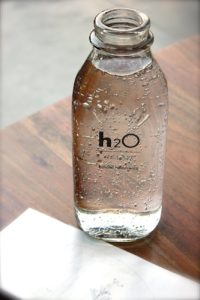
The practice of forcing babies to drink distilled water with baby formula is also very unhealthy and could potentially deprive the child of vital nutrients. Potassium one of the common minerals found in water, works with sodium to control the body’s water balance, which helps maintain healthy blood pressure. Potassium also helps with muscle function and heart rhythm and, in later years, may reduce the risk of kidney stones and osteoporosis. READ: Does Pressing Breast Cause Sagging?

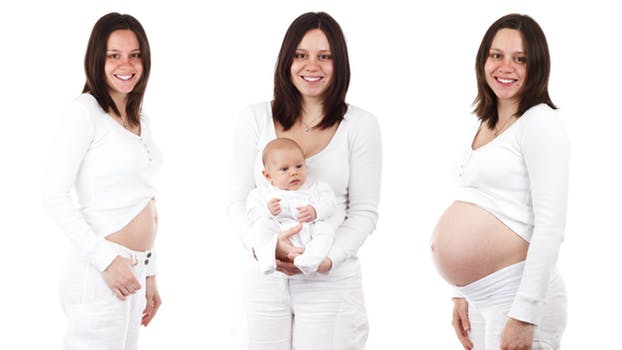
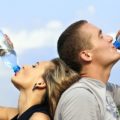

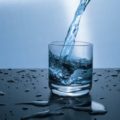
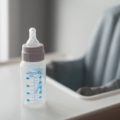
2 Comments